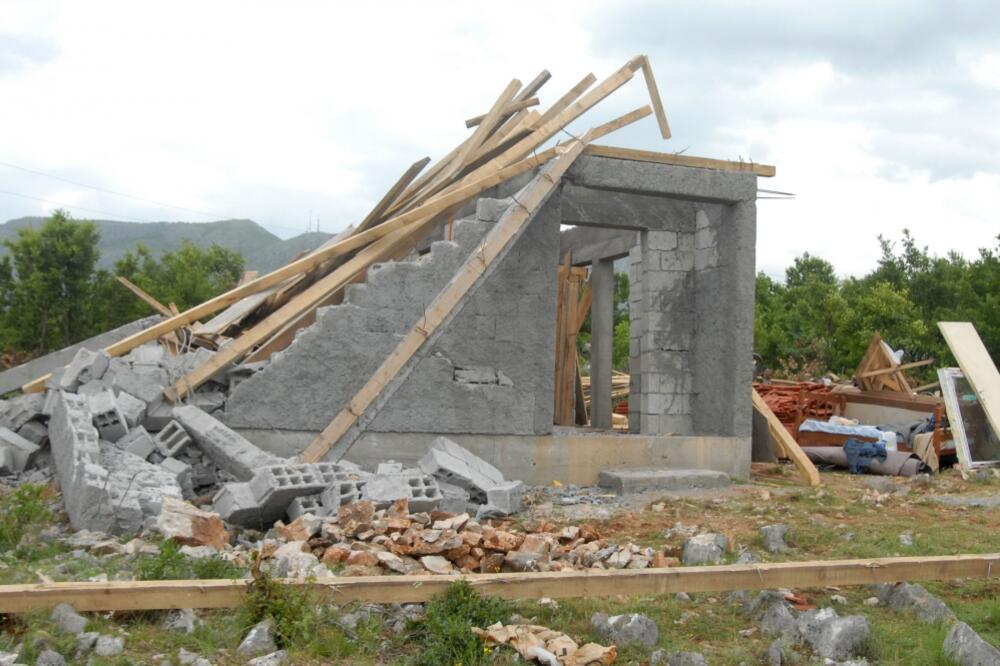The representative of the NGO "Expedicio" from Kotor, Biljana Gligorić, assessed today that spatial planning in Montenegro has been brought to the point of absurdity because the authorities first adopt plans of a lower order, and only then of a higher order. At the round table on the occasion of the presentation of the draft manual "Program tasks leading to sustainable spatial development", she said that Montenegro "replanned space".
We plan lower-order plans, then we plan strategy - literally in that order, which is a disaster for space and I'm afraid we've completely lost this planning cycle
"We plan lower-order plans, then we plan strategy – literally in that order, which is a disaster for the space and I'm afraid we've completely lost this planning cycle," she warned.
According to her, illegal construction is no longer the key problem in Montenegro, but spatial planning documentation that does not meet even the minimum standards is the greatest danger for space. As she said, if you compare the results of regulations and adopted planning documents, you can see that the state has dramatically replanned the area.
Jelisava Kalezić, a retired professor of the Faculty of Civil Engineering at the University of Montenegro, assessed today that a large number of spatial and urban plans were made in such a way as to ensure the destruction of space.
The round table also discussed the participation of citizens in the spatial planning process.
Remarks due to private interests
Stevo Davidović from the Ministry of Sustainable Development and Tourism said that the World Bank gave Montenegro the highest rating in the region when it comes to public participation. Speaking about it, architect Marija Nikolić warned that often citizens' objections come due to the private interests of the owners of certain plots.
The representative of the "Green Home" organization Jelena Marojević-Galić said that the draft manual contains recommendations related, among other things, to the promotion of rational management of urban ecosystems, careful use of natural resources, provision of sustainable agriculture and exploitation of the potential for renewable energy. She also reminded of the part of Montenegro's obligations in European integration that refers to the harmonization of domestic legislation with European legislation, which mostly refers to the area of the environment and sustainable development.
"In addition to the indisputable progress that has been made in those areas, the question arises as to whether the legislation relating to those areas really produces results that citizens feel and see in their surroundings," said Marojević-Galić.
As part of the preparation of the handbook, a survey was conducted that showed that the majority of citizens believe that waste disposal is the biggest problem in Montenegro, as well as that environmental laws are not applied.
Bonus video:




